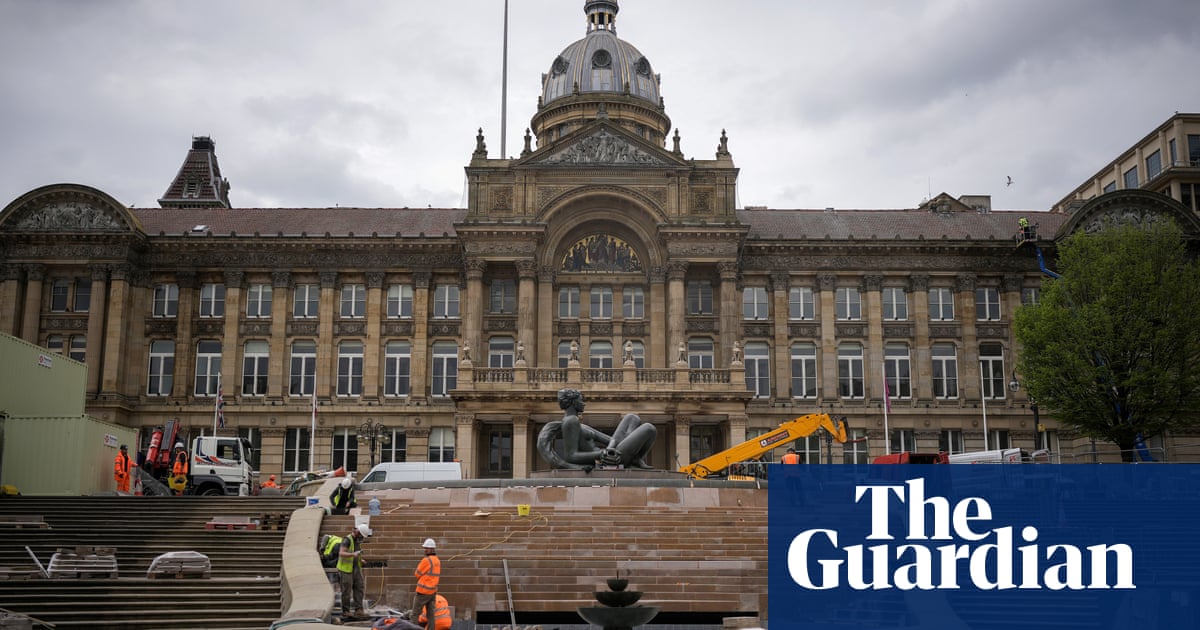
Liverpool city council has accepted the findings and recommendations of a damning report which found a “serious breakdown of governance” at the local authority, including reducing the number of councillors and changing the way they are elected.
It also pledged to work with the commissioners appointed by the government to oversee some council departments.
The council response to the government-ordered inspection comes seven weeks after it found multiple failures to provide best value to taxpayers in the city.
Max Caller, a local government expert who carried out the inquiry, found as much as £100m of public money could have been squandered by a “dysfunctional” council at the centre of corruption allegations.
Tony Reeves, the chief executive of the council, said the findings of the report were “extraordinary”. He said that he was not discussing the criminal issues – Joe Anderson, Liverpool’s former mayor and the council’s former head of regeneration, Nick Kavanagh, were among several arrested as part of a police investigation into alleged corruption – but that there were “clearly things done that were very wrong in terms of council process and procedures in securing best value for the people of Liverpool”. Anderson and Kavanagh deny all wrongdoing.
Reeves, who began in the role in 2018, told the BBC’s Today programme on Wednesday that it was the council itself that had uncovered evidence that had led to the police investigation. “We made changes very early on to move the property and asset management function away from the regeneration department so we had far more control over the property deals the council was doing,” he said.
On her first day in the job, the newly elected mayor, Joanne Anderson, dismissed the entire council cabinet from their roles. She campaigned on a promise to restore trust, pledging increased accountability and transparency, and won a historic victory as the first black woman in the UK to serve as a directly elected mayor of a major city.
Caller told the BBC his report took the unusual step of leaving out the names of those he interviewed because they were worried about reprisals.
He said the need to protect the identities of council staff “really weighed quite heavily on what we did” as those who came forward felt “there would be retribution” if they were named. “I came to the conclusion that to protect the individuals I could publish no names,” he said.
The council’s response commits to working with the commissioners “for as long – and only as long – as necessary”, accepting the proposal to move to whole-council elections from 2023 and every fourth year after that.
At the moment, 30 of the city’s 90 councillors are up for re-election every year for three years, with none in the fourth year of the cycle. The number of councillors will also be cut, as recommended in the report, but the council will retain the power to propose the number and pattern of wards “in a way which addresses equality and diversity issues and the geography of our natural communities”, the response says.
Reeves also said that the council was “under no illusions” that the respect and trust of Liverpudlians would need to be earned back. “I think the report makes clear this was a small number of people, and that the vast majority of elected councillors and the vast majority of staff are hardworking and diligent public servants,” he added.
A draft improvement plan from the council will be debated at a full meeting of councillors next Wednesday and will be sent to the government by 24 May.












